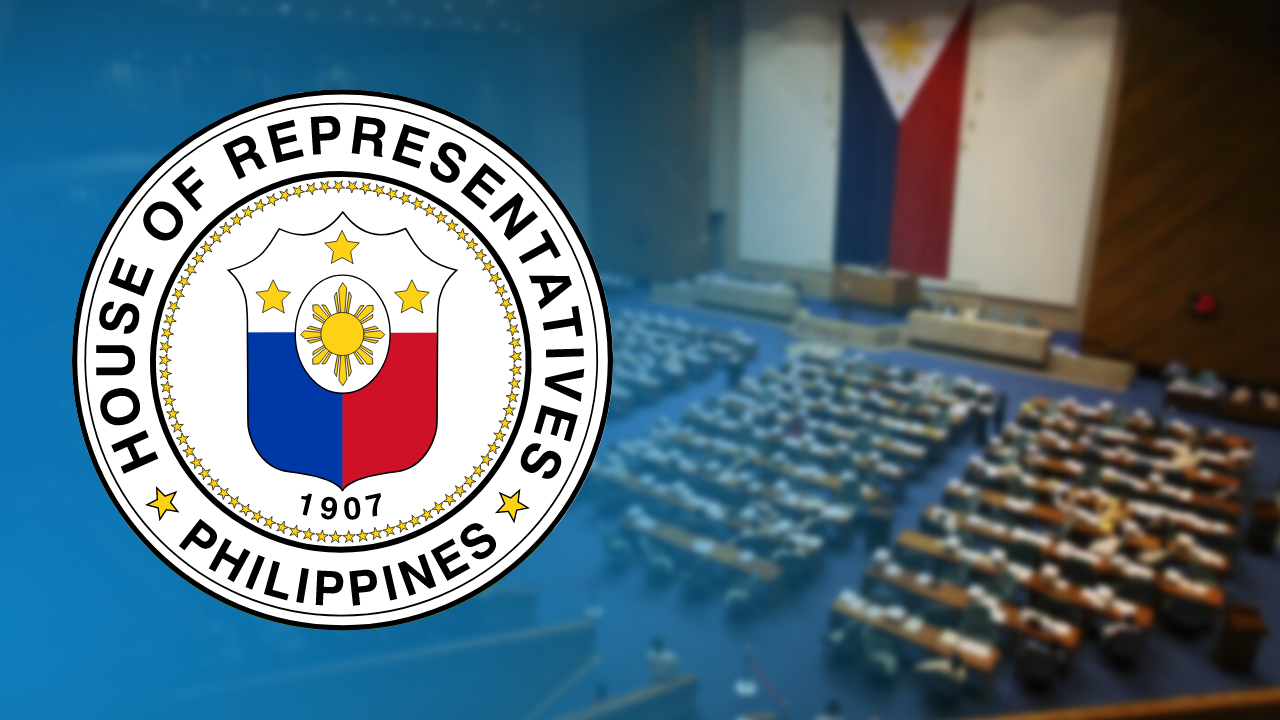
House of Representatives plenary. INQUIRER FILES
MANILA, Philippines — Senior Deputy Speaker Aurelio Gonzales Jr. thanked President Ferdinand Marcos Jr. and the executive branch on Monday for turning over the proposed 2025 national budget ahead of time, as this will give Congress enough time to scrutinize allocations.
In a statement, Gonzales emphasized that the Department of Budget and Management (DBM) formally turned over the P6.325 proposed budget just seven days after Marcos’ State of the Nation Address (Sona).
Under the Constitution, the executive branch should transmit the subsequent year’s National Expenditures Program (NEP) to Congress 30 days after the Sona. With the Sona held last July 22, the House has until August 21 to send the NEP, or 22 days from Monday.
“President BBM [Bongbong Maros] is presenting his proposal three weeks ahead of his one-month constitutional deadline to do so. This will give the House of Representatives enough time for budget deliberations,” Gonzales said.
“As far as I know, during my long years in Congress, PBBM is the only President who submits his budget proposal way ahead of his deadline. That speaks volumes about his fidelity to his constitutional duties and his respect for Congress,” he added.
The turnover to Congress of the 2025 NEP, which contains the administration’s proposed spending for its projects, is the earliest under Marcos’s term.
In 2022, DBM submitted the budget for the subsequent year on August 22. In 2023, it was submitted on August 2, or nine days after Marcos’ second Sona.
Procurement reform
Gonzales also noted that the 2025 national budget would be the first full budget that would be implemented under the New Government Procurement Act (Republic Act No. 120090).
According to Gonzales, it will be a test of the new law’s effectiveness — which is said to transform procurement by increasing transparency and allowing the government to purchase high-quality products.
“We can potentially save billions of pesos and precious time and energy by following the transparent, efficient, and accountable procurement processes under our new law,” he said.
“This legislation ushers in a new era of transparency, integrity, and accountability in our government’s procurement processes. It reflects our unwavering commitment to the Filipino people to ensure that every peso is spent wisely and responsibly,” he added.
Gonzales said this would mark a “landmark achievement in our commitment to uphold good governance and transparency in government transactions”, making the country “at par with global best practices.”
RA No. 12009 was signed by President Ferdinand Marcos Jr. last Saturday, July 20 — or two days before his State of the Nation Address.
Under the new law, the government no longer needs to prefer lowest-priced bids — which, several observers said, were sometimes disadvantageous as cheaper items would eventually perform worse than higher-priced products.
Instead of a “lowest calculated and responsive bid” as stated in the Government Procurement Reform Act (RA No. 9184), the NGPA has a provision that states “most economically advantageous responsive bid” — which is an indication that items purchased do not have to be the cheapest-priced.
“This is actually an attempt to consider the qualitative, not only the purely quantitative, but the qualitative, economic value of any proposal, as an alternative to the prevailing practice of which we now do of choosing just the cheapest product,” Marcos said after signing the law.
READ: Romualdez hails new gov’t procurement law
Aside from the removal of the lowest calculated bid provision, the NGPA also maximizes available digital equipment to cut procurement activities from 90 days down to 60 days.